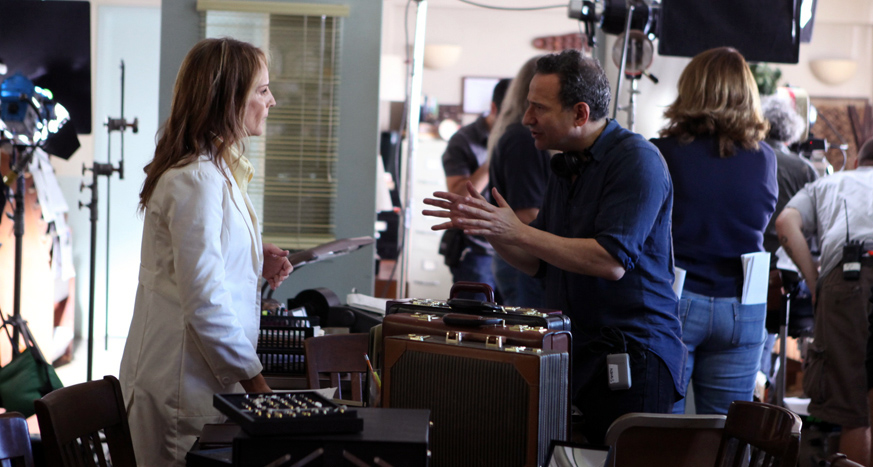‘Decoding Annie Parker’ portrays hunt for breast cancer genes
Film follows both a cancer survivor and the researcher who found BRCA1

GENE HUNTING Helen Hunt (left) plays geneticist Mary-Claire King in a film directed by Steven Bernstein (right) about the search for breast cancer genes.
Decoding Annie Parker







